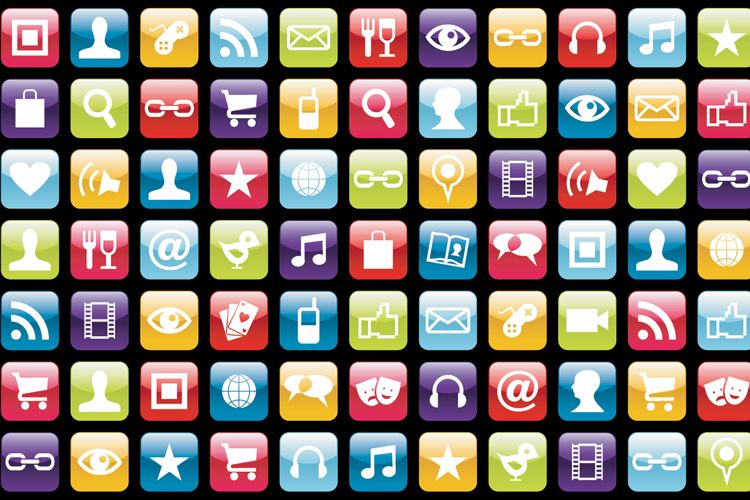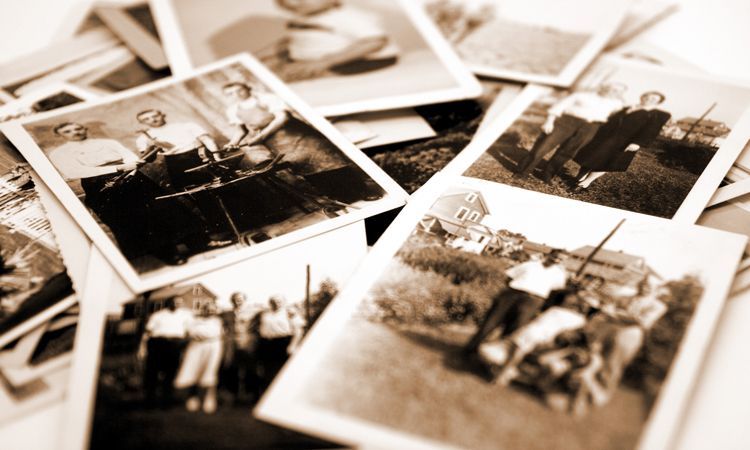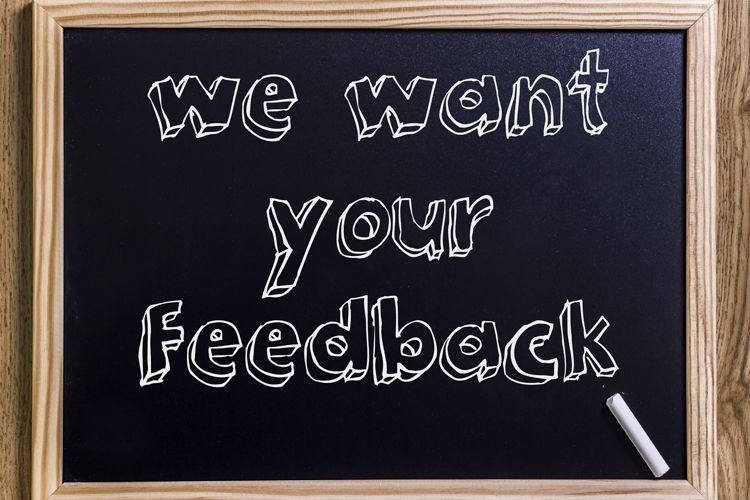The Value Of Digital Assets And How To Keep Track Of Them All
Are these assets even being factored into estate plans? Because they should be.

A few years ago security/anti-virus software company McAfee did a survey to put a dollar value on digital assets. They found consumers in the U.S. valued their digital estate at $55,000, while globally these assets are valued at around $37,000.
McAfee was making a point about security, stating that while consumers value these digital items they don’t often protect them properly. Here at Everplans, we see an even bigger issue: Are these assets being factored into a person’s estate?
The Bits And Bytes That Makes Up A Digital Estate
Think of all the photos, files, videos, and personal info you have stored on your computer, smartphone, tablet, and in the cloud.
- Personal Records
- Career Information
- Hobbies and Projects
- Personal Communications
- Entertainment Files
The McAfee survey found respondents valued personal memories at $7,000, well above purchased items because they’d be impossible to replace. While photos of a family vacation and other digital memories aren’t likely to fetch $7,000 on the open market, that’s what consumers felt they’re worth.
Why People Should Care About Their Digital Estate: Picture Perfect Example

Handing down photos from one generation to the next used to be as simple as handing over a few framed photos, some leather bound albums, and boxes of unsorted photos.
Think of all the effort that used to go into taking photos. You had to buy film, conserve the number of exposures so you didn’t run out, get the roll of film developed (when you had time), sort the photos (when you had time), and then put them in an album.
Now, you can immediately take a photo of anything and share it everywhere. It could be an adorable shot of your child frolicking in a field, a receipt for an expense report, or a funny looking french fry. People are taking thousands and thousands of photos. Some are posted on social media, but most are left unsorted and unnamed on phones and computers, backed up on hard drives, or stored in the cloud (Dropbox, Google Drive, iCloud, Microsoft OneDrive, etc…) To help bring order to this digital disarray, consider these questions:
- What do you want to happen to them?
- Would your spouse know how to access these photos if something happened to you?
- Do you want your grandkids sorting through an unmanageable amount of digital files on an antiquated hard drive searching for the best ones?
- Should these photos just disappear forever?
This is why digital assets are so important. Because these are our new memories. If you want them to be part of your legacy, something people remember you by long after you’re gone, you have to leave others a way to access and honor these personal treasures.
Getting A Digital Estate Under Control
Here’s the stuff your clients should share and why they should share it.
Devices
What To Share: Passwords to unlock devices.
Why You Share It: The devices used to access digital content — computers, tablets, cell phones, eReaders, gaming systems — have value. They can be handed down to someone else in the family or donated to charity. If you can’t unlock the device you will have no idea what you’re giving away. There could be a folder with tax returns and other sensitive info right on the desktop. If you can unlock the device you can download and delete whatever you choose and reformat the machine, either wiping it clean or setting it up for a new user.
Online Accounts
What To Share: If you use a password manager, share the master password. If you keep a document with your passwords, share that document.
Why You Share It: Think of all the different accounts and apps you access on a daily basis via password. Email, bill paying, shopping, social media, and so much more. What do you want to happen to all these accounts after you’re gone?
When it comes to email, social media, and other accounts that have personal or professional correspondence and assets, what should your family or friends do with them? In the case of ongoing utilities and services set up to auto-pay (cable/internet, electricity/gas, home payments, streaming services), should these accounts be transferred to someone else? Should they be closed down and deleted?
If you share the login info, it can be a seamless transition. The person handling your estate might still have to talk to some of these services on the phone or through email, but at least they’ll have all the info they need.
Digital Assets: Personal
What To Share: Location of assets (photos/documents/projects) and how to access them.
Why You Share It: These are the irreplaceable things that might not have monetary value on the open market, but are priceless to your family. Keep a list of hard drives or cloud-based online accounts somewhere handy so loved ones can access and either download the contents or transfer the account to themselves.
Digital Assets: Purchased
What To Share: Movies, music, books, software, games, apps, and other things you purchased with the expectation of ownership.
Why You Share It: This is where things get tricky. If you bought a hardback book, you own that book and can give it to anyone with no strings attached. If you buy a digital book, you’re agreeing to terms and conditions that often state the book (or song, or movie, or game...) is to be used only by you during your lifetime. After you’re gone, and your account is closed, that item reverts back to the company that sold it to you.
You might not think this is fair, especially if the price was equal (or even higher) to that of its physical counterpart. Unlike streaming services like Netflix, which is a per-month subscription without ownership, these are actual things you own, even though they’re only in digital form.
Some companies may allow you to transfer these purchases to another account. At this moment in time, most won’t. So you have to gauge whether or not this is important to you. If you feel like you’ve gotten all the value you needed out of purchased digital items and they should revert back to the company that provided the service, then make that clear. If you purchased hundreds of songs or books and you don’t want your heirs to have to do the same, you may want that account to remain open in perpetuity and handed down to other generations. Of course, the companies providing the service might not approve, and you could be violating their terms of service, but think of it this way: Movie and music studios don’t routinely visit people’s homes and collect DVD/CD collections after a death.
Questions To Consider

Here at Everplans we’re interested in capturing real voices and sound advice from experienced experts so we can help and educate other professionals and our platform users. If you can offer any insight into the following areas, don’t hesitate to get in touch with us:
- Do you factor a client’s Digital Estate into their financial or estate planning?
- How much of your business is done online?
- Do you think factoring digital estate assets into your service will help you connect with younger clients?
- Task: Get Your Passwords OrganizedThe typical person has an average of over 130 different online accounts,...Read more
- Digital Cheat Sheet: How To Create A Digital...What happens to your digital property after you die? Great question! Here's...Read more
- Task: Grant Access To Your DevicesIn case of an emergency, how could someone you trust access your phone?Read more
- Task: Clean Up Your Phone ContactsWe’re all familiar with naming an emergency contact if something happens,...Read more



